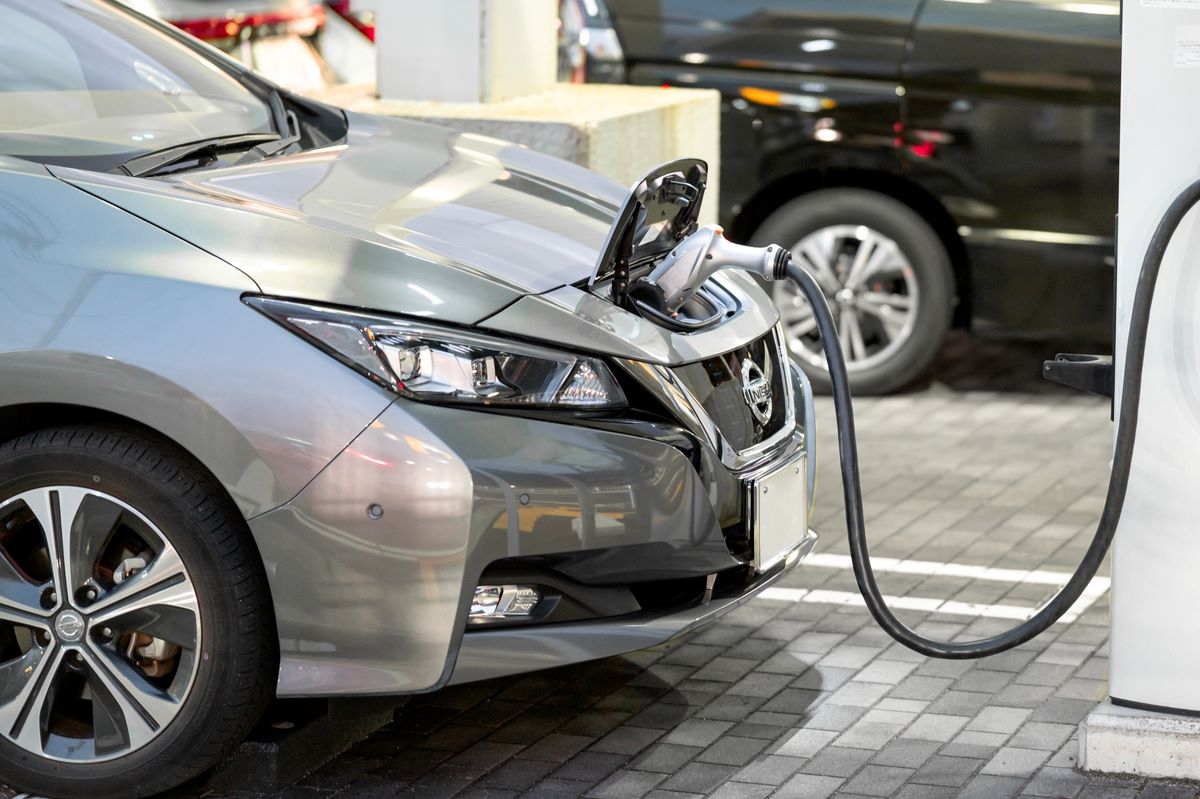Japan, once hailed as a trailblazer in innovation and technology, finds itself falling behind in the fiercely competitive electric vehicle race, with China emerging as the new powerhouse.
According to a recent report by industry data provider MarkLines, Japan’s top automakers, Toyota, Nissan, Honda, Mazda, Mitsubishi, and Subaru, saw a 19.8% year-on-year decline in their car sales in China in the first half of 2023.
This re-establishes the fact that Japanese carmakers are lagging in the race for electric vehicles, which are in high demand now. In 2022, Japanese cars accounted for less than 5% of battery-electric vehicles sold worldwide, according to EV-volumes.com.
Reasons behind Japan’s delay in EV adoption
Japan’s falling behind in the electric vehicle race is attributable to several factors. One of the first reasons is the country’s love for gasoline-electric hybrids. It sells very few battery-electric (BEV) and plug-in hybrid (PHEV) vehicles.
Japan dominates the global market for the current generation of hybrid cars and has invested heavily in the technology. Thus, the country hopes to reap complete benefits from its huge investments in hybrids for the maximum possible period before shifting focus to EVs.
Moreover, according to IDTechEx, the sales of gasoline-electric hybrids are likely to continue growing until 2027. Hence, hybrid-focused carmakers like Toyota and Nissan don’t want to lose out on this business opportunity.
Secondly, the Chinese, European, and American governments have announced heavy subsidies for electric vehicles as part of their climate policies. However, in Japan, more subsidies are on offer for fuel-cell vehicles. Hence, there are fewer incentives for carmakers to go for EVs in the country. Also, in comparison to South Korea, Japan only has around one-fourth as many public charging stations.
While the government has set a target for the sales of 100% electrified vehicles by 2035, it also includes hybrids. The government views hybrids as an important technology and has no intention to ban them, unlike those in California or the UK.
The third reason is that Japan is not too convinced about the role of EVs in carbon reduction. Meanwhile, scientists say that a shift from gas-powered vehicles is critical to combat climate change. A recent study by an environmental group, Greenspace, states that Japan’s Toyota, Honda, and Nissan rank lowest among the top ten global auto companies on decarbonisation efforts.
Meanwhile, Japan’s top carmaker Toyota’s wariness in accepting electric vehicles as the next big thing is also a big cause that the country lags in the EV race. Toyota is an iconic company that guides the trend for the entire Japanese auto industry.
According to an article in Financial Times, the carmaker argued that every country won’t be able to accommodate EVs due to electricity constraints and affordability. Hence, the company wants to keep betting on its hybrid models. However, very recently, Toyota has begun to make amends and is trying to close the gap.
Also at play is Japan’s auto parts industry. Electric vehicles need fewer components and are simpler to manufacture. If Japan were to shift completely to electric vehicles, it could destroy an entire ecosystem of auto parts suppliers.
Lastly, Japan is dependent on China for critical minerals (lithium and cobalt) used in the production of EV components. China dominates this space, and Japan wants to reduce dependence on China. The Japanese government and top manufacturers are exploring new technologies to extract these minerals from deep-sea mud. Hence, the country is taking time to find alternatives.
Japan losing out on major growth driver
China accounts for 25% of new car sales of EVs or plug-in hybrids. On the other hand, Japan’s lack of electric vehicles is costing it a big chunk of sales. The auto market was already mired by the pandemic, and Japan’s inability to keep pace with customer demand has led the country to lose a sizeable market share.
As per a report by the Climate Group, Japan risks a decline in GDP if it does not shift towards producing electric vehicles because the nation depends on auto manufacturing for almost a fifth of its exports. This could also lead to a mass job loss for the country.
The Future of EVs in Japan
Japan’s conservative approach to adopting electric vehicles is not entirely unfounded or unwarranted. Kuniharu Tanabe, a director at Japan ministry’s auto industry division, said: “Electric vehicles are expensive, and resources are limited.”
“Hybrid technology is affordable and offers significant (emission) savings,” he added. It remains to be seen if the nation’s strategy to prioritise hybrid cars pays off in the long run.
Though Japan has been slow to respond to consumer demand for EVs, it is gradually catching up. The government also intends to increase the number of charging stations from 30,000 to 1,50,000 by 2030.
In 2022, Japan reserved 331.6 bn yen ($2.5 bn) to develop materials for magnets and batteries to minimise the dependency on rare earth elements and lithium. It will be interesting to watch if Japan comes out with more such policies to slowly embrace the EV market.










 Australia
Australia China
China India
India Indonesia
Indonesia Japan
Japan Malaysia
Malaysia Philippines
Philippines Singapore
Singapore South Korea
South Korea Taiwan
Taiwan Thailand
Thailand Vietnam
Vietnam
 Germany
Germany Hong Kong
Hong Kong Switzerland
Switzerland Singapore
Singapore
 United Kingdom
United Kingdom








